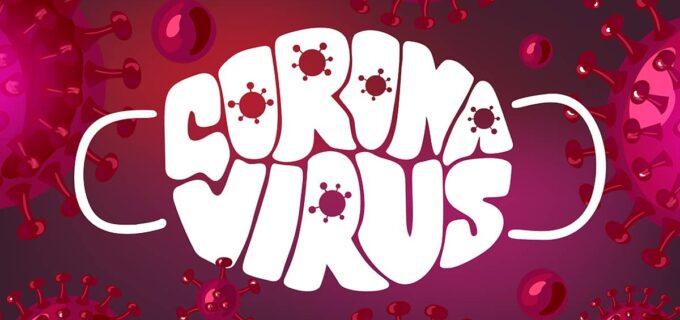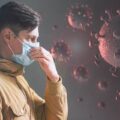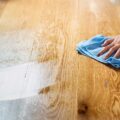How many times have you walked out of your house and forgotten a face mask?
There have been a number of suggestions throughout the course of the coronavirus pandemic for slowing the spread of COVID-19, from social distancing to wearing personal protective equipment to maximize protection.
Face masks have become as necessary as a phone or wallet when leaving the house. What are some important questions we need to answer about this new addition to our everyday wardrobe?

Why is washing your face mask so important?
Did you know that reusable masks generally contain more microbes than disposable ones? Masks that are worn over and again and for extended periods should be washed frequently as they contain organisms from our skin left behind. These respiratory droplets could be embedded into the fibers if unwashed.
Microbiologists have indicated that the warm and moist micro-environment within all masks tends to be more conducive for microbes to thrive on. Considering the fact that the face mask itself can become contaminated since it comes into contact with one’s nose and mouth, it’s possible any viral particles on the mask could get into the respiratory system.
How often should I wash my face mask?
Reusable face masks tend to be an unnoticeable breeding ground for bacteria. This could eventually lead to the build of “mask-ne” which is acne developed around the area where a face mask would reside.
Considering the fact that everywhere we go we are surrounded by pathogens even around our mouth. This is not an uncommon place to find bacteria. One of the most common types of bacteria noticed to originate from microbes is staphylococcus aureus. S. aureus could produce a number of toxins that may sometimes be detrimental to our wellbeing.
We beg the question, how often should we really wash our face masks? Prof. Martin A. Blake Big Red’s resident Preventive Medicine and Infection Control specialist stated: “I would recommend it would be best to wash them after every use, perhaps at the end of every day you can wash it as this would ensure a certain level of cleanliness.”
Disposable masks sometimes offer better bacterial filtration and air permeability while reusable ones are generally made of a woven material that has spaces in between fibers. This results in poorer filtration.

What’s the best way to wash my face mask?
According to experts, placing a cloth mask in the washing machine with a standard store-bought detergent is the best (and easiest) way to properly clean your mask.
A hot dryer setting is a smart idea as well.
If you an unable to clean via a washing machine then merely scrubbing and soaking the mask in the warm soapy water will help it do some good.

How do I keep my mask protected?
While regular washing is the first step in keeping your mask clean. Incorporating a few sprays of BRProtect 100 Days antimicrobial coating to your mask creates an additional layer of protection.
BRProtect is a durable, long-lasting coating that endows any surface to which it has been applied with powerful residual antimicrobial properties. Unlike conventional disinfectants, BR Protect will give you surface protection from all pathogenic organisms on a 24/7 basis, with any treated surface remaining 99.99% germ-free for at least 30 days or 100 days depending on your choice of the two product derivatives we have available.
Common Questions
1. Can I remove my mask to eat or drink?
Yes, you may do so, but must immediately put your mask back on after eating, drinking, or cleaning your face. If eating outside your home, please ensure that safe distancing measures are strictly complied with (e.g. maintain physical separation with others while eating).
2. Can Masks prevent the transmission of COVID-19?
Masks should be used as part of a comprehensive strategy of measures to suppress transmission and save lives; the use of a mask alone is not sufficient to provide an adequate level of protection against COVID-19.
3. Are there face masks that should be worn during the COVID-19 pandemic?
Face coverings limit the volume and travel distance of expiratory droplets dispersed when talking, breathing, and coughing. A face covering without vents or holes will also filter out particles containing the virus from inhaled and exhaled air, reducing the chances of infection.
Related posts:
- Leaching versus Non-Leaching Antimicrobial
- How to Leave Coronavirus Behind When You Come Home
- How to Clean and Disinfect Your Home: Limiting Coronavirus Exposure




